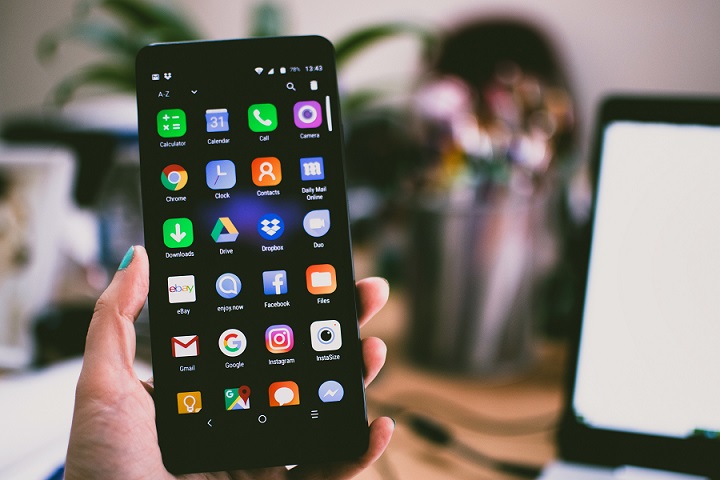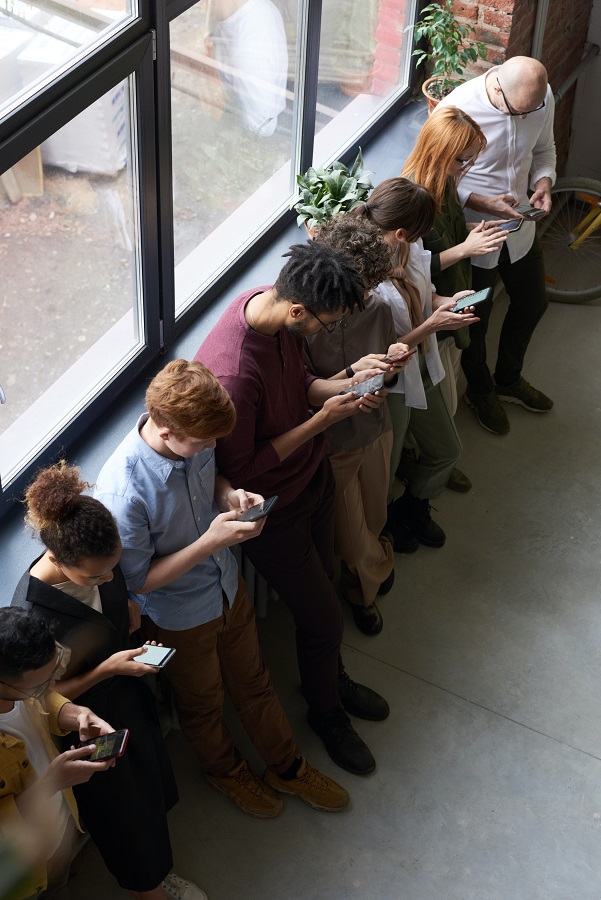Social media continues to get mixed reviews when it comes to mental health.
There has been a lot of discussion in recent years concerning how social media impacts mental health, especially as younger people are accessing the internet more regularly and are creating accounts. There is no doubt that social media can have a positive impact on mental health, but there is also a dark side to internet use. Overall, how social media impacts mental health is up for debate.
Of course, being online allows teens and young adults to connect with others. It also enables people to express themselves and find support when needed. Many people use social media to find and reconnect with friends and loved ones, to join social groups and find jobs.
However, being online all the time limits face to face engagement, which can cause anxiety and depression. It can make people feel isolated and alone. It can also make it tempting to compare oneself to how others are portraying themselves online and, in some cases, lead to cyberbullying.

In 2021, 4.2 billion people used social networks, and 80.3% of French citizens had a social network account, according to new data that was presented by Margot Morgiève, PhD, sociology researcher at the French National Institute of Health and Medical Research and the Center for Research in Medicine, Science, Health, Mental Health, and Society during the opening session of the Pediatric Societies Congress organized by the French Society of Pediatrics (SFP).
“Due to an increased [concurrence] between mood disorders or depression and the use of social networks, researchers wanted to establish a new disorder: ‘Facebook Depression,’ “said Morgiève. “But they quickly realized that it would be wrong to recognize it as a characterized disorder, because it would appear that the harmful effects of social networks on mental health are not linked to the social network itself, but rather to problematic social network use.”
Morgiève discussed three categories of how social media impacts mental health negatively. The first of these is ‘comparison,’ which is the tendency of social beings to compare themselves to others they find more attractive. Users of social media highlight the positive pieces of their life and present themselves as (more or less) perfect. This can lower the self-esteem of those comparing.
“Thus, it isn’t the social network that creates depression, but rather the phenomenon of comparison, which it pushes to the extreme,” Morgiève explained.
The second issue is that “these networks promote addictive behavior through observational learning, which can give rise to compulsive and uncontrolled behavior, as illustrated by ‘FOMO,’ or fear of missing out,” she said. FOMO can lead lead to anxiety, envy, and depression. It can also make people spend money they don’t have or do things they wouldn’t normally do.
The third concern is what’s referred to as “substitutive use,” which means spending time online replaces interactions offline. This means that kids are interacting less in person and losing the ability to develop and maintain offline relationships.
Of course, social media itself is not detrimental to one’s health. It’s all about how it gets used. Just like anything else, these three things can become problematic when users spend too much time online.


Join the conversation!